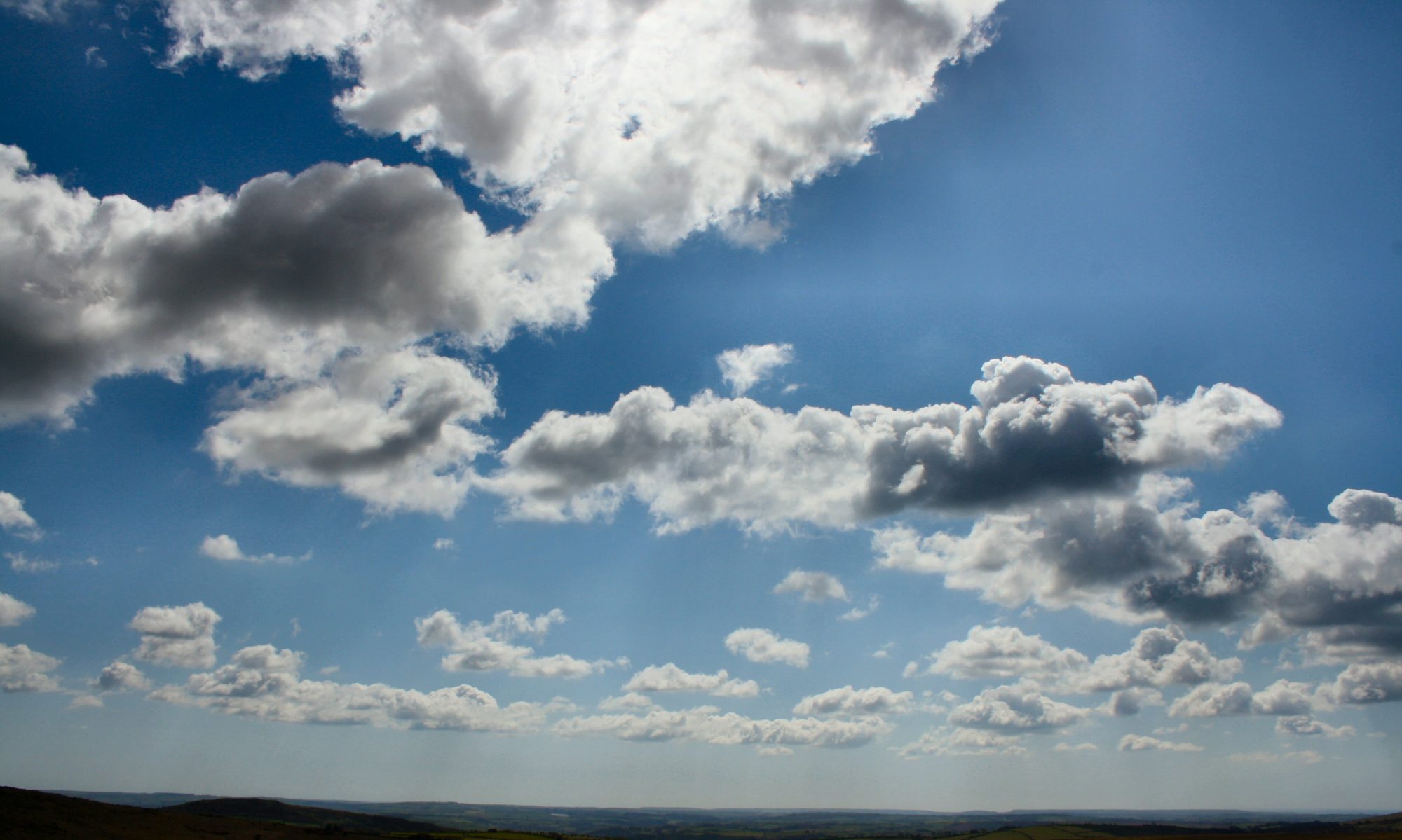December’s wildlife challenge – let the ivy grow
Playing second fiddle to holly in the famous Christmas carol and often maligned for causing damage to trees, ivy should not be underestimated in terms of its importance for wildlife. Though ivy can undermine a damaged tree, it should not cause an issue for a healthy one where it grows up and alongside it with the ivy’s roots in the soil. The ivy clings to the tree reaching to the light so that it can flower. The flowers and berries come at a vital time for insects and birds as they are available later than many others, so bridge the hunger gap.
Ivy flowers in autumn after many blooms are on the way out and on a bright day can be abuzz with bees, flies, wasps, hoverflies and late butterflies. The berries that start forming before Christmas are ready to eat in January/ February and are a highly nutritious calorie packed meal at exactly the right time in the year when they are needed by birds and small mammals. Blackbirds, blackcaps, thrushes and redwings will all flock to feast on bountiful ivy. Other than that, has it any benefits? Yes, many! A dense thicket provides great nesting opportunity for birds and also hibernating habitat for insects. Many caterpillars will eat the plant, including those of the holly blue butterfly and yellow-barred brindle moths.
I hope this convinces you of the qualities of ivy and this month’s challenge is if you see it in a tree or a hedge to let it grow, allowing it to provide all these benefits, or if you are looking for a climber in your garden consider planting some. It is also, to my mind, a beautiful plant – if you have a lot of it, maybe celebrate it this Christmas by making a wreath out of some strands of it, possibly incorporating it into a Christmas wreath for the birds.
Tree hub- free trees available!
February’s challenge was to plant a tree. We are now at a good time of year for planting trees again so if you have a little bit of space in your garden, or know someone who does and would like one, why not consider planting a tree that can provide pollen and a food source for years to come. I am pleased to say that we will be running a tree hub on 20th January in the Woodland Park where we will be giving out free broadleaf tree whips. This is part of the Devon Wildlife Trust Saving Devon’s Treescapes scheme and thank you to David Price and The Bridford Trust for agreeing for us to run this from the Woodland Park. There will be further details in January’s Unity.

